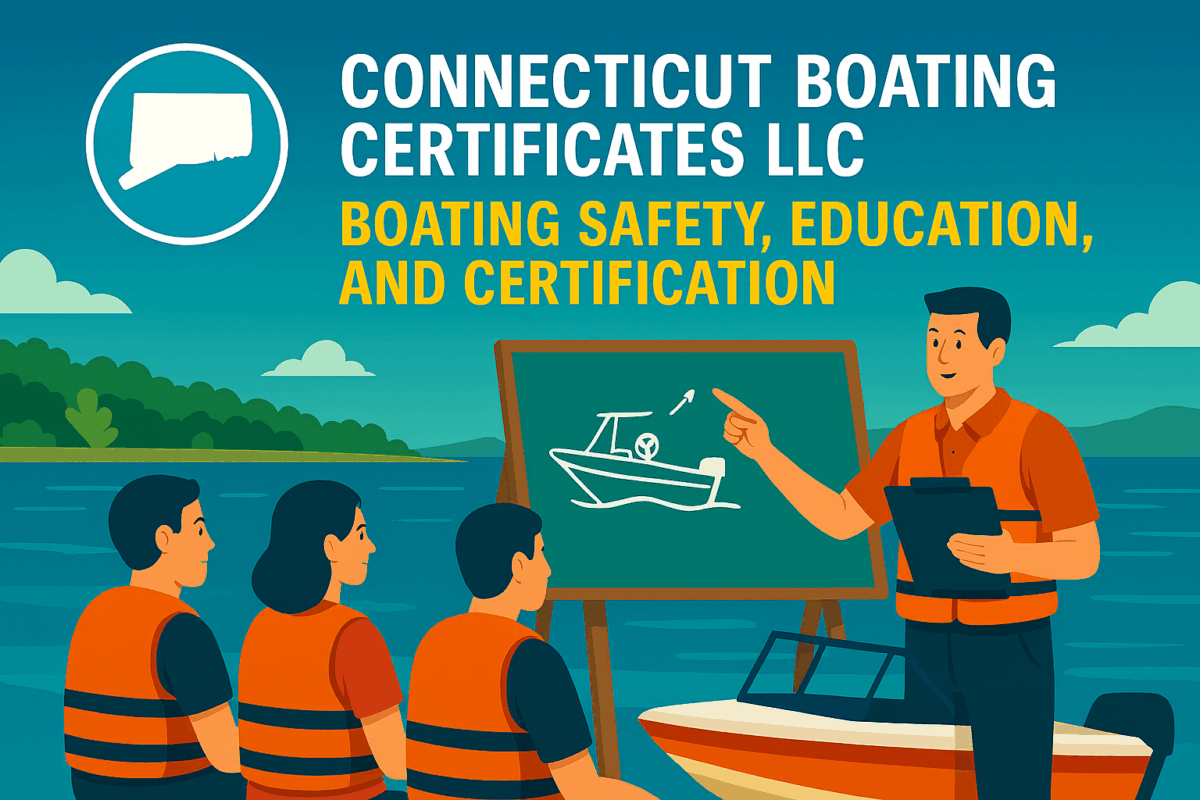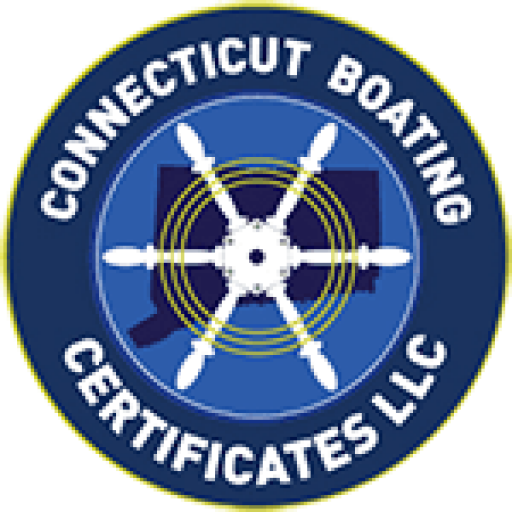Call: 1-800-832-7191

Boating: Basic Life Support
Boating: Basic Life Support Saves Lives on the Water
Boating: Basic Life Support is essential for anyone spending time on the water. Boaters, paddlers, and anglers must know how to respond quickly. Emergencies happen fast, and trained individuals make the difference between life and death. Whether you’re on a lake, river, or ocean, preparation matters. Learn the skills, carry the gear, and stay alert.
Why Every Boater Needs Boating Basic Life Support Training
Boating accidents often occur far from medical help. Because of this, knowing Basic Life Support can be a lifesaver. CPR, airway management, and bleeding control are vital skills. With proper training, you can stabilize someone until help arrives. Courses are available online and in person. Choose one that includes hands-on practice and scenario-based learning.
In addition, many states now require safety certifications. These often include first aid and CPR components. Completing a Basic Life Support course may also reduce insurance costs. More importantly, it builds confidence. When emergencies strike, hesitation wastes time. Training removes doubt and improves response speed.
Key Components of Basic Life Support
Basic Life Support includes several core techniques. First, assess the scene for safety. Then check responsiveness and breathing. If needed, begin chest compressions immediately. Use an AED if available. Continue until professional help arrives or the person recovers.
Next, control bleeding using pressure and bandages. For choking victims, perform abdominal thrusts. If someone is unconscious but breathing, place them in the recovery position. These steps are simple but powerful. Practicing them regularly keeps your skills sharp.
Many organizations offer certification. The American Heart Association and Red Cross are trusted providers. Their courses meet national standards and include digital resources. You can also find boating-specific first aid programs. These focus on remote care and water-related injuries.
Basic Life Support Enhances Boating Safety Culture
Boating safety isn’t just about life jackets and navigation rules. It’s also about readiness. When everyone aboard knows Basic Life Support, the entire crew benefits. Emergencies become manageable. Panic decreases. Teamwork improves. Have a look at the American Heart Association’s page on BLS
Encourage your boating group to train together. Make it part of your annual safety review. Share resources and practice drills. This builds a strong safety culture. It also sets a good example for younger boaters. Safety is contagious when modeled consistently.
Where to Learn More and Get Certified
To explore training options, visit American Heart Association’s CPR & First Aid page. They offer flexible learning formats and certification pathways. You’ll find courses tailored to your schedule and needs.
Stay informed and connected with boating safety resources. Visit The Helm for all boaters CT DEEP, NASBLA, NOAA, USCG, WSIA for updates, guidelines, and support.
